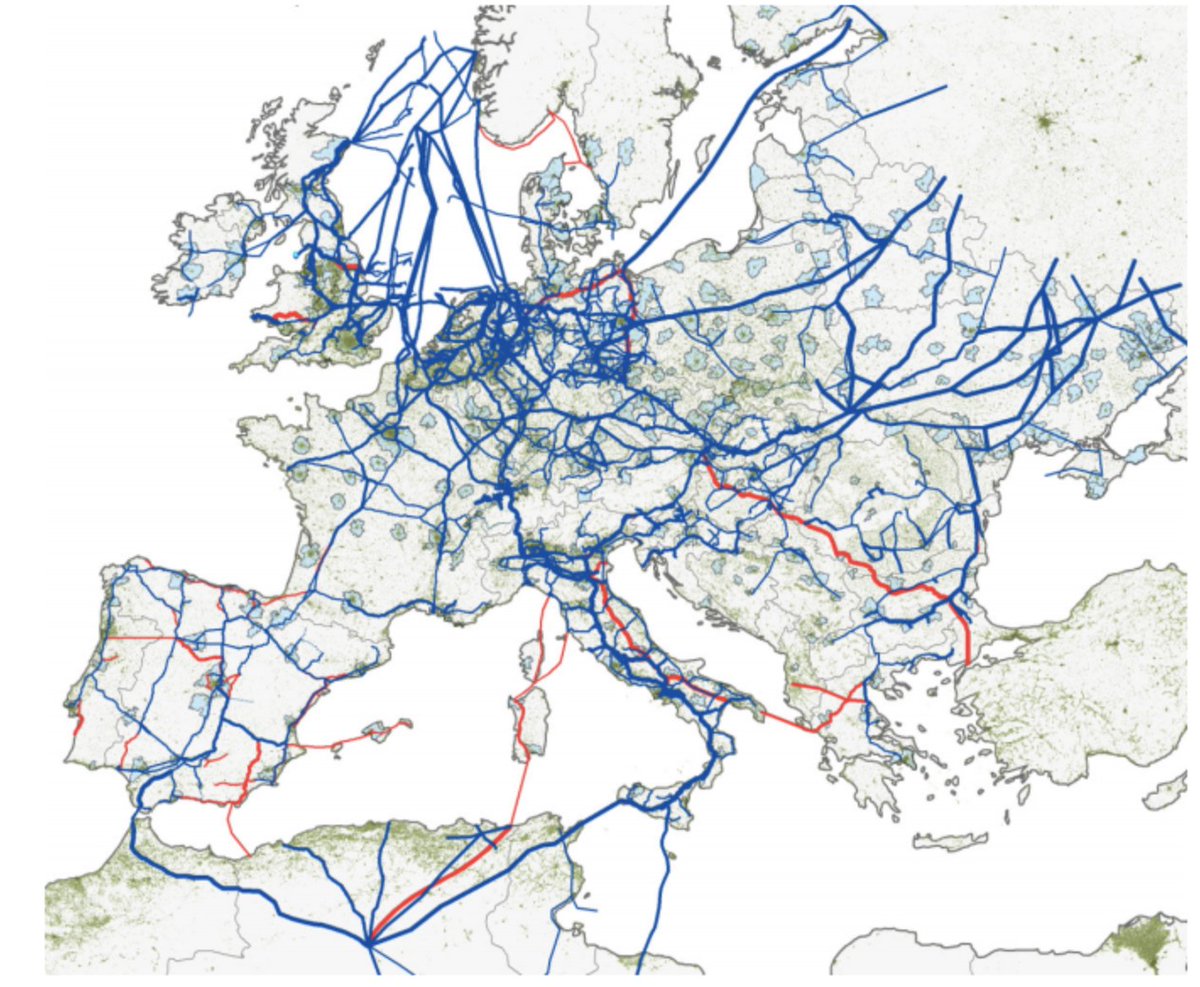
THREAD 1/10 The #Nobel Peace Prize Committee has made a very good decision by awarding this year’s Peace Prize to Belarusian human rights advocate Ales’ Bialiatski, the Russian human rights organization Memorial, and the Ukrainian Center for Civil Liberties.
2/10 This is a very accurate decision that stands in opposition to attempts to divide nations into good and bad ones.
3/10 It runs counter to dehumanizing but, unfortunately, quite popular discourse that “bad nations” are devoid of good and deserving people who are important for the world, let alone among public activists and organizations.
4/10 To them, every single activist and organization and regular subjects of a dictatorship are its associates and accomplices. “That’s not true,” says the Nobel Committee by awarding the joint prize to people representing the aggressor, victim, and accomplice countries.
5/10 “They are not by default associates,” explains the committee by giving two-thirds of the prize to residents of two dictatorial regimes.
6/10 In the time of war, it's important for the Noble Peace Prize Committee to emphasize that the demarcation line between victim and aggressor, good and evil, dignity and villainy is not synonymous with state border or even the frontline.
7/10 By awarding the Noble Peace Prize to someone from Russia for the second time in a row – an exceptionally rare occasion – at the time when Russia looks and acts worse than perhaps ever before, the Committee is sending a message to the world
8/10 and particularly to some European neighbors who are trying to dispense with the above principle and simplistically divide nations.
9/10 Let me remind on this occasion two my pieces about Memorial. One in the @ForeignPolicy foreignpolicy.com/2021/12/20/rus…
10/10 And another one in Carnegie carnegie.ru/commentary/857…
• • •
Missing some Tweet in this thread? You can try to
force a refresh







